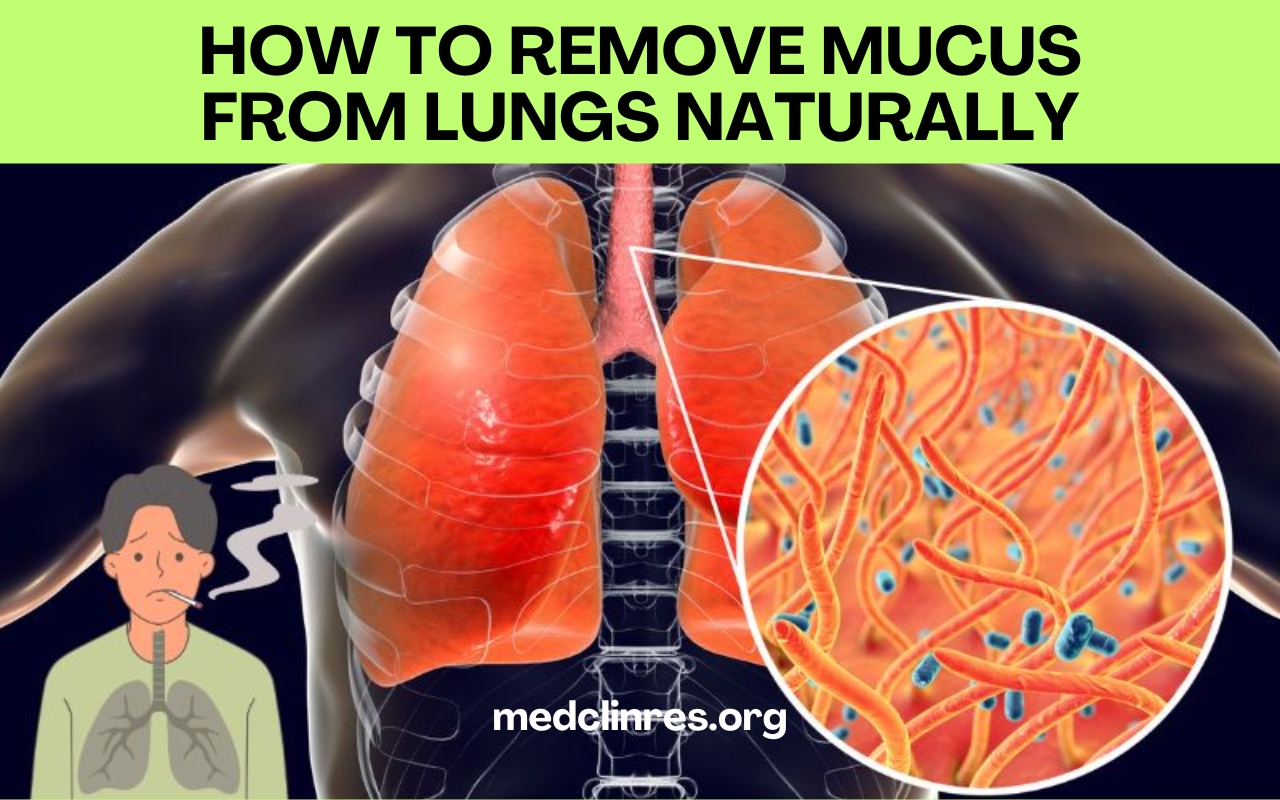
Mullein (Verbascum thapsus) is a traditional botanical remedy long utilized for its potential respiratory benefits. With modern research catching up to historical practices, this review explores the bioactive compounds within mullein, including mucilage, saponins, and flavonoids, which may contribute to its purported effects on lung health, cough relief, and throat irritation.
Understanding the Bioactive Components of Mullein
- Mucilage – A polysaccharide-rich substance known for its demulcent properties, which coat and soothe irritated mucous membranes.
- Saponins – Natural compounds that exhibit expectorant properties, potentially aiding in the clearance of mucus from the respiratory tract.
- Flavonoids – Plant-based antioxidants with anti-inflammatory and antimicrobial properties, which may support immune response and respiratory health.
Preliminary studies suggest that these compounds interact synergistically to promote respiratory function. However, further clinical trials are required to validate these effects definitively.
Evidence-Based Uses of Mullein
Scientific literature and historical usage indicate that mullein may have applications in supporting respiratory health through the following mechanisms:
- Expectorant Activity – Assists in loosening and expelling mucus from the airways.
- Soothing Effects – Reduces throat irritation through mucilage’s protective coating action.
- Antimicrobial Potential – Some studies indicate that mullein may exhibit antibacterial activity against certain respiratory pathogens.
While mullein is commonly used for these purposes, it is essential to approach its application as an adjunct to conventional medical guidance.
Methods of Mullein Administration
1. Mullein Tea
- Preparation: Add 1–2 teaspoons of dried mullein leaves to one cup of boiling water.
- Steeping: Cover and steep for 10–15 minutes.
- Straining: Use a fine mesh filter or coffee filter to remove leaf hairs, preventing throat irritation.
- Recommended Intake: 1–3 cups daily, optionally sweetened with honey.
- Benefits: Warmth and steam may aid in soothing throat discomfort and loosening congestion.
2. Mullein Tincture (Liquid Extract)
- Dosage: Typically, 20–40 drops (1–2 droppers) up to three times daily.
- Method: Administer sublingually or dilute in water or juice.
- Advantages: Provides a convenient, shelf-stable option for consistent usage.
3. Steam Inhalation
- Instructions:
- Boil water and remove from heat.
- Add a handful of dried mullein leaves or 1–2 tea bags.
- Inhale deeply under a towel for 5–10 minutes.
- Purpose: Targets the respiratory tract directly, helping loosen phlegm and alleviate congestion.
4. Mullein Flower Oil (Ear Drops)
- Usage: Often combined with garlic oil to support relief from minor ear infections.
- Administration: Warm slightly (avoid excessive heat) and apply 2–3 drops into the affected ear if the eardrum is intact.
- Caution: Consult a healthcare provider before use, especially in children.
Recommended Dosages and Safety Considerations
Adults
- Tea: ~3 g dried leaves per cup, up to three times daily.
- Tincture: 1–2 mL (20–40 drops) 1–3 times daily.
Children
- Dosage: Adjusted proportionally based on weight and sensitivity, typically half or less of the adult dose.
Best Practices:
- Use consistently for chronic respiratory concerns.
- Maintain adequate hydration to support mucus clearance.
- Ensure proper straining of tea to prevent irritation from plant hairs.
Disclaimer: Individuals with chronic respiratory conditions such as asthma or COPD should use mullein as a complementary measure under medical supervision.
Synergistic Combinations with Other Botanicals
Mullein is often used in combination with other herbs to enhance its effects:
- Marshmallow Root – Enhances the demulcent properties for throat and respiratory support.
- Thyme or Licorice Root – Supports cough relief and mucous membrane health.
- Peppermint – Provides a refreshing addition to mullein tea with potential decongestant benefits.
Those on medications should consult a healthcare provider before combining herbs.
User Testimonials
Mullein tea helped calm my nighttime cough and improved my sleep. Now I always keep it on hand! – Anna R.
I use mullein extract during allergy season. My chest feels clearer, and I breathe easier on my morning runs. – Carlos M.
(Disclaimer: Testimonials represent individual experiences. Results may vary.)
Conclusion: The Role of Mullein in Respiratory Wellness
Mullein’s longstanding use and emerging research suggest it may provide:
- Expectorant Support – Helps clear mucus from the lungs.
- Demulcent Action – Soothes throat irritation.
- Anti-Inflammatory & Antimicrobial Properties – Potentially contributes to overall immune support.
While mullein represents a promising natural option for respiratory health, ongoing clinical research is necessary to establish definitive efficacy. Those interested in incorporating mullein into their wellness routine should seek high-quality mullein extracts or teas from reputable sources. As always, consult a healthcare professional for personalized recommendations.